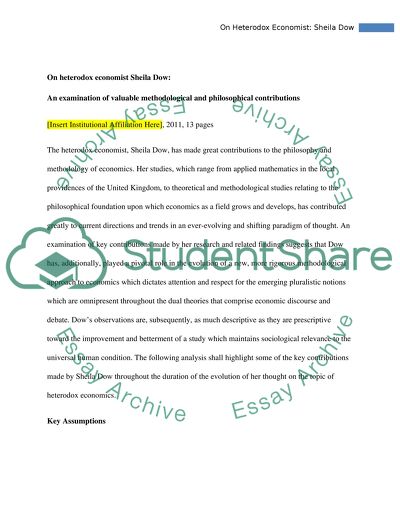Cite this document
(“Philosophy of Economic Thought Essay Example | Topics and Well Written Essays - 3250 words”, n.d.)
Retrieved from https://studentshare.org/environmental-studies/1418664-philosophy-of-economic-thought
Retrieved from https://studentshare.org/environmental-studies/1418664-philosophy-of-economic-thought
(Philosophy of Economic Thought Essay Example | Topics and Well Written Essays - 3250 Words)
https://studentshare.org/environmental-studies/1418664-philosophy-of-economic-thought.
https://studentshare.org/environmental-studies/1418664-philosophy-of-economic-thought.
“Philosophy of Economic Thought Essay Example | Topics and Well Written Essays - 3250 Words”, n.d. https://studentshare.org/environmental-studies/1418664-philosophy-of-economic-thought.


